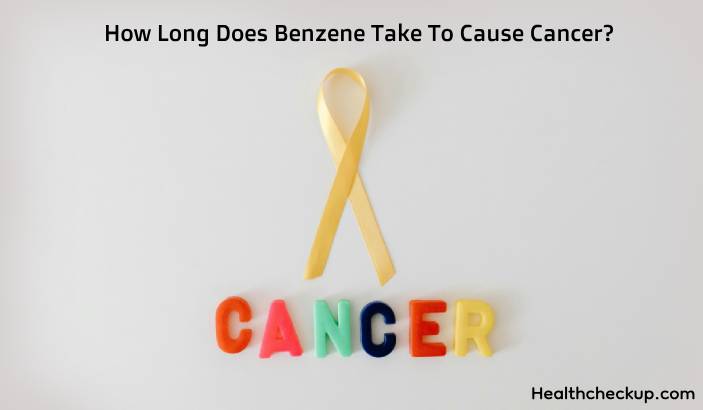Thiamine is a vitamin that your body needs to grow, develop, and work properly at the cellular level and turn food into energy. Thiamine dissolves in water and does not stay in your body, so you must eat it often. Your body can only hold enough thiamine for about 20 days at a time. The good news is that thiamine may be obtained from a wide range of foods, both naturally and through the process of fortification.
Sources of Thiamine
Sources of thiamine include:
- Added B1 vitamins to breakfast cereal
- Sunflower seeds
- Yoghurt
- Acorn squash
- corn
Actual thiamine insufficiency is uncommon among healthy people with access to good thiamine-rich meals.
Symptoms:
Most patients with thiamine deficiency don’t have any symptoms or manifestations, so it must be speculated in the proper clinical setting. Early clinical signs and symptoms, like fatigue, are often not clear and specific. However, high-output cardiac failure could make doctors look into thiamine deficiency as a culprit. The same is valid for neuropathy, especially in the limbs.
Thiamine deficiency neurological symptoms include:
- Nystagmus (early sign)
- Memory problems
- Irritability
- Trouble sleeping
- Wernicke encephalopathy and Korsakoff syndrome
- Muscle cramps
- There are burning sensations on both sides of the lower legs.
- Atrophy of muscle
- Absent knee and ankle jerk
- Foot drop (late-stage)
Signs and symptoms of heart disease:
- Arrhythmias
- Increased pulse pressure
- Angina
- Heart failure
- Low blood pressure to shock
Gastrointestinal signs and symptoms:
- Swallowing difficulty
- Loss of appetite
- Abdominal distress
- Constipation
Signs and symptoms of infantile beriberi:
- CHF
- Missing deep tendon reflex
- Incapacity to speak because of laryngeal injury
Causes of Thiamine Deficiency:
Getting thiamine deficiency is more likely if you have problems with a few things. Thiamine deficiency is uncommon, so most people with risk factors will not get it. But people who are experiencing the following may be at a higher risk:
- Alcoholism
- Surgery to do a gastric bypass
- Genetic beriberi (inability to absorb thiamine)
- Kidney problems
- Starvation
- Poor diet
- No or limited access to healthy food
Therapeutic Intervention for Thiamine Deficiency:
- Thiamine supplements and dietary modifications are the treatments for thiamine deficiency disease.
- Oral or intravenous administration of thiamine supplements is necessary, depending on the nature of the insufficiency and the circumstances surrounding its onset.
- Alcohol addiction may be the leading factor of a failure to absorb thiamine in the body, so the first step toward recovery is quitting alcohol. Stopping drinking and avoiding relapse will usually necessitate the assistance of a professional for individuals who are addicted.
- A holistic treatment centre will be capable of treating the causes of addiction and the person’s nutritional and dietary needs.
- Nutritionists may look at your eating habits and help you add more thiamine to your diet if you are not getting enough.
- If you learn more about how alcohol interferes with the absorption of thiamine and how to avoid it, you will be better prepared to make healthy lifestyle choices.
- People with thiamine inadequacy should undergo long-term monitoring of their thiamine status to prevent a recurrence of the deficiency.
Recovery time at a different dose of thiamine:
- Patients with established Wernicke’s encephalopathy should receive intravenous thiamine 200-500 mg three times a day for 3 to 5 days, followed by oral thiamine 250-1000 mg/day.
- Patients who might have Wernicke’s encephalopathy should get 250–300 mg of thiamine by IV twice a day for 3–5 days. After that, they should take 250–300 mg of thiamine by oral route every day.
- Patients at high risk of thiamine deficiency should get 250–500 mg/day of thiamine through an IV for 3–5 days, then 250–300 mg/day orally.
- Patients with uncomplicated alcoholism who are at low risk should be given oral thiamine 250–500 mg/day for 3–5 days with a maintenance dose of 100–250 mg/day.

Rohit Jain is an IPR Specialist and Medical Content Writing Expert. For over a decade, he has written several articles in the areas of female infertility, Erectile dysfunction, hemangioma, cervical cancer, monoclonal gammopathy of undetermined significance, mononucleosis, mitral valve disorder, nerve sheath tumor, shin splints, mild cognitive impairment, cellulitis, brain metastases, atelectasis, MCAD deficiency, lymphoma, sepsis, cardiac rehabilitation and metabolic disorder among others.








